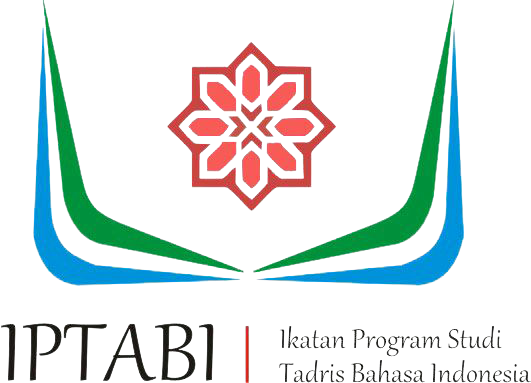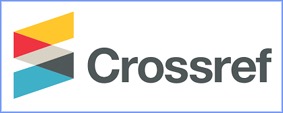Manajemen Sekolah dalam Pengelolaan Kegiatan Guru Bahasa Indonesa di Sekolah Dasar
DOI:
https://doi.org/10.29240/estetik.v3i1.1479Keywords:
Management, Management of activities, teachers, elementary schoolAbstract
Downloads
References
Daryanto. (2011). Kepala Sekolah Sebagai Pemimpinan Pembelajaran. Yogyakarta: Penerbit Gava Media.
Hery. (2013). Pengatur Manajemen (Cara Cepat dan Mudah Memahami). Jakarta: Penerbit Gava Media.
Husaini Usman. (2010). Manajemen (Teori, Praktik, dan Riset Pendidikan). Edisi 3. Jakarta: Bumi Aksara.
Iman Musbikin. (2013). Menjadi Kepala Sekolah Yang Hebat. Pekanbaru: Zanafa Pubslihing.
Jhon W. Creswell (2010). Research Design: Pendekatan Kualitatif, Kuantitatif, dan Mized. Edisi ketiga. Penerjemah: Achmad Fawaid. Yogyakarta: Pustaka Pelajar.
Murniyanto. (2018). Manajemen dan Mutu Pembelajaran Bahasa Indonesia Di SMP Negeri 4 Rejang Lebong. Tadbir : Jurnal Studi Manajemen Pendidikan, 2 (1), 71-88. doi: http://dx.doi.org/10.29240/jsmp.v2i1.388
Murniyanto. (2017). Manajemen Perpustakaan Madrasah Ibtidaiyah Negeri 1 Rejang Lebong. AR-RIAYAH : Jurnal Pendidikan Dasar, 1(2), 189-204. doi:http://dx.doi.org/10.29240/jpd.v1i2.319.
Tatang M. Amirin. (2013). Manajemen Pendidikan. Yogyakarta: UNY Press.
Undang-Undang Dasar Negara Republik Indonesia Tahun 1945.
Undang-undang Nomor 20. Tahun 2003 Tentang Sistem Pendidikan Nasional.
Wahjosumidjo. (2011). Kepemimpinan Kepala Sekolah . Jakarta: Rajawali Pers.
Downloads
Published
How to Cite
Issue
Section
Citation Check
License
Copyright (c) 2020 Murni Yanto

This work is licensed under a Creative Commons Attribution-NonCommercial-ShareAlike 4.0 International License.
Authors who publish with ESTETIK : Jurnal Bahasa Indonesia agree to the following terms:
- Authors retain copyright and grant the journal right of first publication with the work simultaneously licensed under a Creative Commons Attribution-NonCommercial-ShareAlike 4.0 International License (CC BY-NC-SA 4.0) that allows others to share the work with an acknowledgment of the work's authorship and initial publication in this journal.
- Authors are able to enter into separate, additional contractual arrangements for the non-exclusive distribution of the journal's published version of the work (e.g., post it to an institutional repository or publish it in a book), with an acknowledgment of its initial publication in this journal.
- Authors are permitted and encouraged to post their work online (e.g., in institutional repositories or on their website) prior to and during the submission process, as it can lead to productive exchanges, as well as earlier and greater citation of published work (See The Effect of Open Access).






